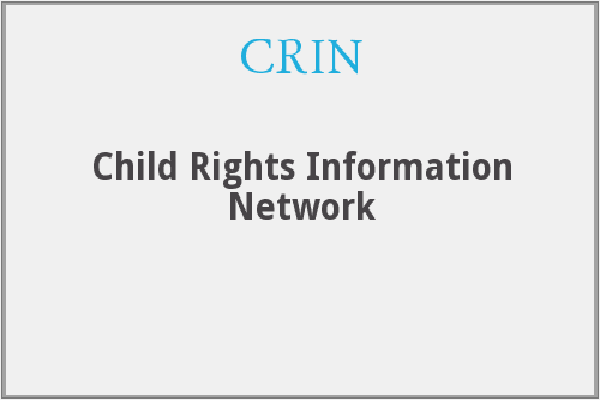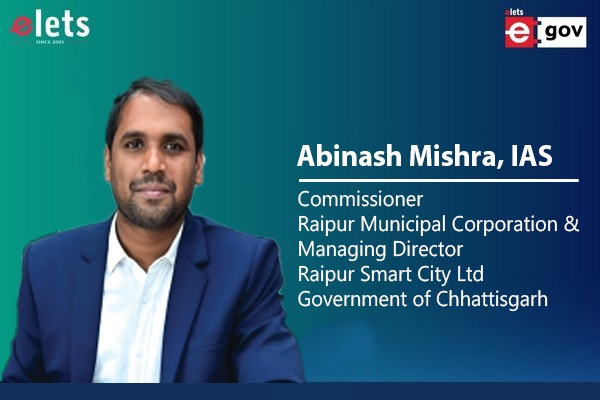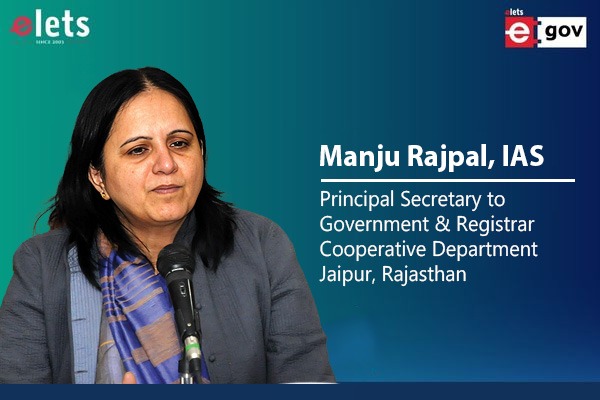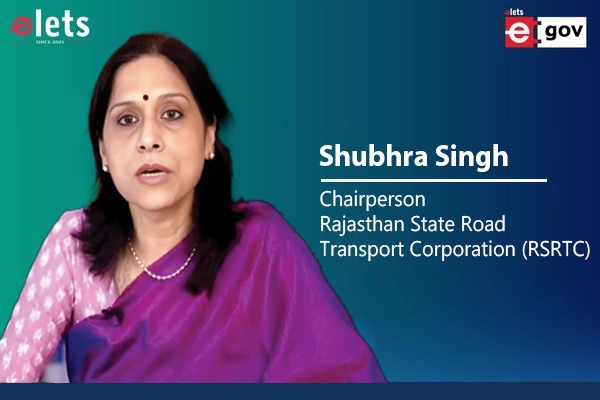
Child Rights Information Network (CRIN) is a global network of child rights organisations, which was created following the adoption of the UN Convention on the Rights of the Child (CRC). As most countries were ratifying the Convention, more and more non-governmental organisations (NGOs) began working on child rights issues, there was a need for information about child rights to be in one easily accessible place where anyone could share information. CRIN was set up in 1995 to become a central clearinghouse of information related to children’s rights. The role of it is to ‘democratise’ information – to make it freely available in a variety of formats, both electronically and in hard copy, with the ultimate aim of advancing the realisation of children’s rights.
Membership profile
The membership consists of 1,550 organisations based in over 125 countries. 26 per cent of member countries are in Africa, 28.5 per cent are in Asia, 29 per cent in Europe and 8 per cent in North America. The UK and India have the highest membership, but countries like Ghana and Bangladesh have large memberships too. Members range from large international NGOs to local grassroots organisations that often rely on the charity of their local religious communities. Membership is free and anyone can benefit from the services.
Services offered
The following are the services offered by CRIN to the members:

- CRINMAIL: e-mail newsletter in English, Spanish and French and thematic publications;
- Website: includes databases of publications, events and members;
- Directory of members: hard copy and online;
- Members case studies: experiences from around globe;
- Information requests: questions from all and sundry;
- Working papers: research on emerging issues;
- Coverage of key UN events related to children’s issues;
- Membership surveys to evaluate services and members’ needs.
Members appreciate CRINMAIL e-mail newsletter because it gives them information they would otherwise lack and provides an insight into issues of which they may not be aware. Every news item also links readers back to the website where more information can be found. It gives the disenfranchised a voice where otherwise there would be a deafening silence.

The members’ directory is anotherpopular service as members use it to network with like-minded organisations around the world. The service of CRIN also helps the UN to reach an audience beyond their touch. At the same time, it also deciphers the often complicated reams of UN information into understandable and practical tools for the members. However, it is not all a one-way street. The members also send from ‘the front lines’.

Challenges
There are many areas where the services of CRIN can improve. Below are some of the key challenges CRIN faces in delivering services.
More targeted and interactive information
It can be challenging to meet global, regional and local needs all at the same time. For instance, when it comes to children in armed conflict as seen in West Africa and elsewhere, the CRIN is torn between the needs of those suffering on the ground and the needs to educate on a global level through the UN and other international bodies. Due to limited resources, the target is to send the information to the areas where most difference can be made.
The goal is to make the services more interactive. CRIN wants to establish a network based on active participation where members can use their own initiative to become more self-sufficient.
Electronic versus hard-copy
The Internet is an invaluable tool for an organisation like CRIN because it enables it to provide information at a fraction of the cost of hard copy materials. Producing one newsletter a year costs more than the yearly maintenance of the website, with postage often accounting for a disproportionate amount. Nevertheless, the research shows that even though about 85 per cent of the members have access to the Internet, they still value hard copy information that they can distribute widely, especially when it comes to networking locally.
Bridging the digital divide
A tendency many organisations based in the northern hemisphere have is to draw all into the new-fangled technology and unnecessarily complicated web tools, often to the detriment of southern hemisphere organisations whose web browsers are not able to download websites that have all the latest Flash images and Java script. The divide between the information-rich and the information-poor is growing at an exponential rate as one accelerates away at broadband speed and the other languishes at dial-up speed.
CRIN is trying to serve the needs of a very diverse audience at different stages of development. On the one hand, it serves the needs of the information-rich organisations, generally based in the northern hemisphere, for whom e-mail and Internet are a given, and on the other, small grass-roots organisations that have to go to Internet cafes in their nearest town for email or to their neighbours to make an international phone call to ask us for information.
Training and development
There is a lack of infrastructure for the Internet, especially in Africa where access to the Internet is the lowest. Even if they have access to the Internet, many may lack the very basic training to use it. Many members in the southern hemisphere ask CRIN for training in information management, website development, and information dissemination. CRIN would love to be able to meet all of their information and training needs but the limited infrastructure does not allow it to do so.
The language barrier
Another challenge is the language barrier. Often e-mails are received in variety of languages, especially recently in Russian and Arabic, but the software cannot read it. As fewer international organisations seem willing to spend their resources on translation fees, it remains essential to avoid alienating the non-English speaking members. Even though translation fees are the most expensive part in the production of the newsletter, members really value receiving information in their own tongue. The CRIN newsletter is being translated by the members into over 50 local languages, including Hebrew, Bengali, Lusoga, Luganda, Tamil, and German.
CRIN is faced with a mammoth task and sometimes struggle to keep abreast of the latest developments and technological possibilities. It has been always interested in sharing ideas about how to do things better and will continue to do it in future.
Be a part of Elets Collaborative Initiatives. Join Us for Upcoming Events and explore business opportunities. Like us on Facebook , connect with us on LinkedIn and follow us on Twitter, Instagram.
"Exciting news! Elets technomedia is now on WhatsApp Channels Subscribe today by clicking the link and stay updated with the latest insights!" Click here!













